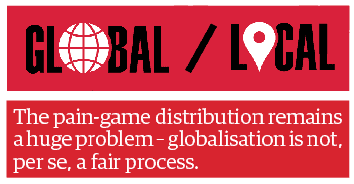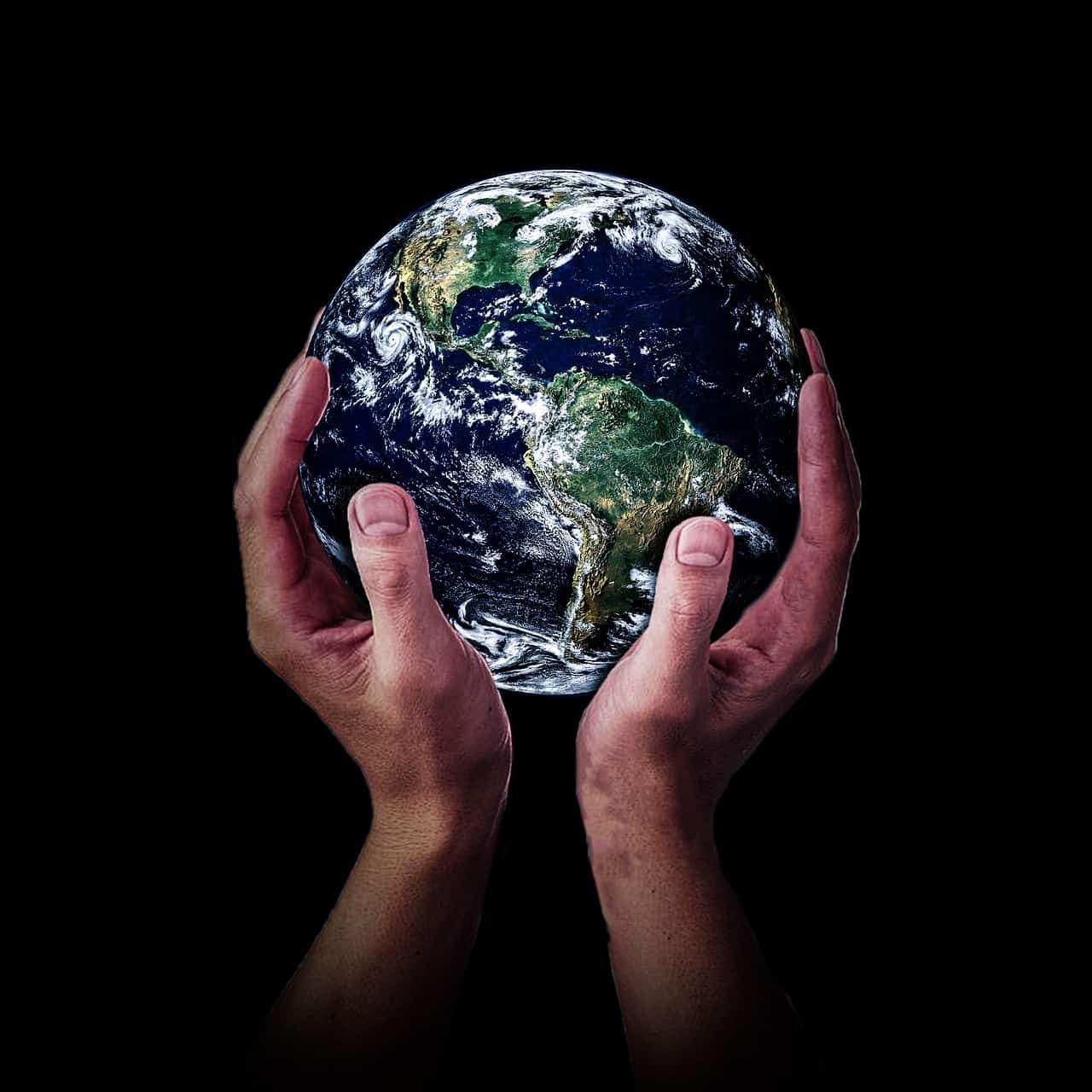With the rise in nationalist politics globally and in the EU, the President Emeritus of the Jacques Delors Institute, Pascal Lamy, spoke at the Institute of International and European Affairs last October about whether or not ‘deglobalisation’ is under way.
The Institute of International and European Affairs (IIEA) recently welcomed Pascal Lamy, President Emeritus of the Jacques Delors Institute, and former Director-General of the World Trade Organization (WTO) from September 2005 to September 2013, to speak on the topic, ‘Is Deglobalisation Underway?’
With the Brexit and Donald Trump era firmly upon us, Lamy wanted to stamp down from the off that he wished not to dwell on Brexit too much and stick to a very important topic in relation to the current state of the EU and world economies and societal issues.
“My topic is whether deglobalisation is on the way,” he says assertively.
This proved difficult as the current US and UK state of affairs can easily be linked to the topic at hand. “Not totally unrelated, I must say,” he admitted.
The French Socialist Party member and former European Commissioner for Trade clearly outlined the three main sections of his talk:
“My starting point is that there are symptoms of deglobalisation. My second observation will be that, I do not believe that deglobalisation will advance. And my third point is that as globalisation goes forward, it is not without some challenges.”
‘Symptoms’ and why deglobalisation won’t advance
The ‘symptoms’ can be broken down into economic and political issues.
“We have a few symptoms of deglobalisation on both the economic side and the side of politics.
“We know that the financial crisis has led to deglobalisation of finance and of the financial industry, as risks are more properly weighed – financial institutions take less risks.
“There is also 3D printing and artificial intelligence that will make production possible without being sent away.
“Of course we also have the political signals – movements in Europe and the US; pushing for ‘America first’, ‘my country first’ and, to some extent, Brexit would be part of that.”
Lamy is confident that the world isn’t going back on globalisation because of the current world-market structures and weak political views from opponents.

“I don’t believe that [deglobalisation is under way], because economics are now organised in such a way that will cost deglobalisation higher than ever, and probably too high, in my view.
“And second, in politics, because of this resistance, the political opinion to deglobalisation is more bark than bite.
“In terms of business, the more the concept of global trade expands, the more creation of products will ensue.
“The more globalisation expands the more multi-globalisation production processes leading to an intensification of the volume of trade [will occur].”
He also went on to say that data is a very important aspect to globalisation and something we should take heed of more and can be used to track trends, how markets are preforming and what needs improvement.
“The only thing that appears is some slow-down of the speed of globalisation because in some areas the expansion of the value chains is not eternally yielding positive results.
“If you look at an area which we don’t measure but is getting more and more important in globalisation – data. The flow of data, which is circulating worldwide, is rising exponentially.”
Challenges to globalisation and identification of problems
“Globalisation will keep moving forward, nicely and freely. There will be bumps.”
A phrase by the Frenchman summed it up and shed light on why the concept is loved and loathed by many:
“Globalisation works because it is painful, and it is painful because it works.”
A fair process on paper, the concept does inherently possess unfair attributes, as Lamy admits himself.
“This pain-game equation which is there has political, human and social consequences. Negating these conditions or pretending globalisation and the intensification of international change brings benefits to everybody is just nonsense.
“The pain-game distribution remains a huge problem – globalisation is not, per se, a fair process. It is an unfair process, because the distribution of payment is better for the big and the rich than for the small and the poor.”
Identifying solutions to the challenges can be quite difficult to pinpoint and may even be intangible factors related to humanity and charitable mindsets. Lamy states a restructure is required to make globalisation a fairer and more equal space if it’s the go-to for the future of the developed world.
“If you look at Europe, the difference between us and others is that we spend half of the worldwide expenditure on social security.
“The only way to address these issues [relating to globalisation] is through solidarity. There should be a redistribution of wealth, [a reform of] taxation and [discussions] of welfare. Welfare is inevitably global.
“We have to understand the way we’ve done it until now needs some change, for a variety of reasons: digitisation; the future of work; artificial intelligence; impact on qualifications; impact on mobility; the impact of the whole system, economic and social, need to be addressed.
“Of course it is more sensitive in Europe and the West. It’s a fascinating debate and this is what we have to do.”
Pascal Lamy is President Emeritus of the Jacques Delors Institute and was Director-General of the World Trade Organization (WTO) for two consecutive terms (2005-2013). He was the European Commissioner for Trade from 1999-2004 and has been a member of the French Socialist Party since 1969.





